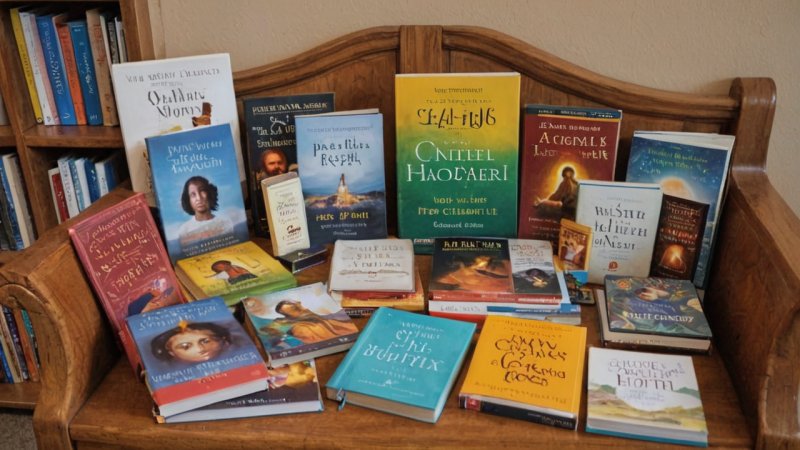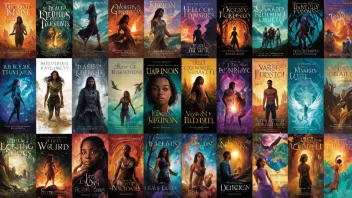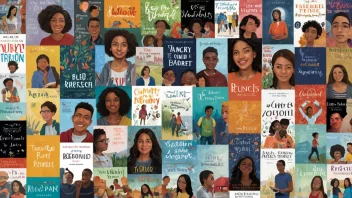Throughout literature, the exploration of faith and spirituality has been a rich vein for authors, providing profound insights into the human experience. From classic novels to contemporary works, fiction often serves as a lens through which readers can examine their beliefs, grapple with doubt, and seek understanding of the divine. In this article, we will delve into how various authors tackle themes of faith and spirituality in their storytelling, offering readers a chance to reflect on their own journeys.
One of the most notable examples of faith in fiction is found in the works of Fyodor Dostoevsky. His novels, such as Crime and Punishment and The Brothers Karamazov, delve deeply into the struggles of belief, the morality of man, and the search for redemption. Dostoevsky’s characters often face existential crises that challenge the very foundations of their faith. Through their journeys, readers are invited to consider the complexities of human existence and the role of spirituality in navigating life's moral dilemmas.
In more contemporary literature, Haruki Murakami explores the themes of spirituality and the quest for meaning in his surreal narratives. In novels like The Wind-Up Bird Chronicle and Kafka on the Shore, Murakami intertwines the mundane with the metaphysical, creating a tapestry that challenges the reader’s understanding of reality and existence. His characters often find themselves on a quest that leads them to confront their innermost beliefs and the mysteries of the universe.
Children's literature also plays a significant role in exploring faith and spirituality. Books such as The Chronicles of Narnia by C.S. Lewis present allegorical tales that reflect Christian themes of sacrifice, redemption, and the battle between good and evil. Through the adventures of children transported to magical lands, Lewis imparts lessons about faith that resonate with readers of all ages, encouraging young minds to ponder deeper questions about morality and belief.
Young adult fiction has also begun to address themes of faith more openly. Novels like The Hate U Give by Angie Thomas and Everything, Everything by Nicola Yoon incorporate elements of spirituality and personal belief systems as characters navigate their identities and societal challenges. These narratives allow young readers to see themselves reflected in the struggles of the characters, fostering a deeper understanding of their own beliefs and how they fit into the world around them.
As we examine these varied approaches to faith in fiction, it becomes clear that literature serves as a powerful medium for exploring spirituality. Whether through the lens of classic literature or modern storytelling, readers are prompted to engage with their beliefs, confront their doubts, and seek their truths. Fiction not only entertains but also invites reflection and dialogue about the essential questions of existence.
In conclusion, fictional explorations of faith and spirituality offer rich opportunities for readers to engage with profound themes that resonate across time and cultures. From the existential musings of Dostoevsky to the allegorical adventures in children’s literature, these stories challenge us to reflect on our beliefs and the essence of our humanity. As we continue to navigate a world filled with uncertainty, literature remains a guiding light, illuminating the path toward understanding and connection.






